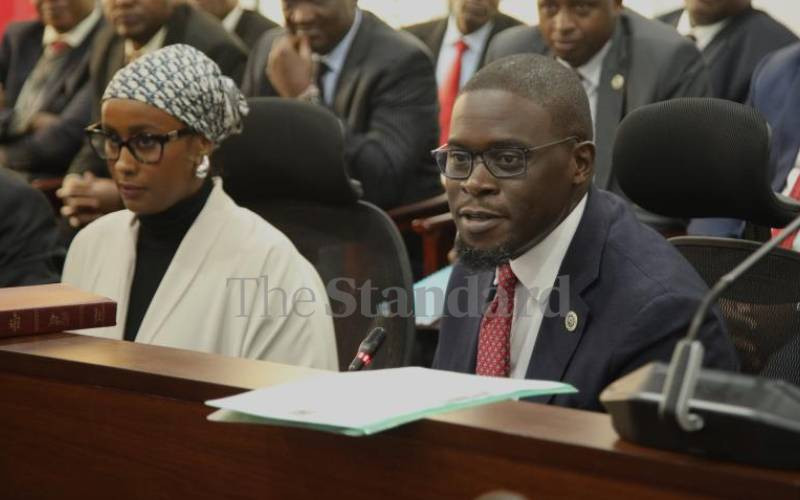×
The Standard e-Paper
Stay Informed, Even Offline

The Senate County Public Accounts Committee has ordered the Auditor General's office to present reports on the expenditure of Sh43 billion by the Nairobi Metropolitan Services (NMS) during its management of certain Nairobi County Government affairs.
Nairobi Governor Johnson Sakaja, who appeared before the committee chaired by Homa Bay Senator Moses Kajwang, stated that the county administration had transferred Sh27 billion to the NMS, which left pending bills worth Sh16 billion upon completion of its assignment.






